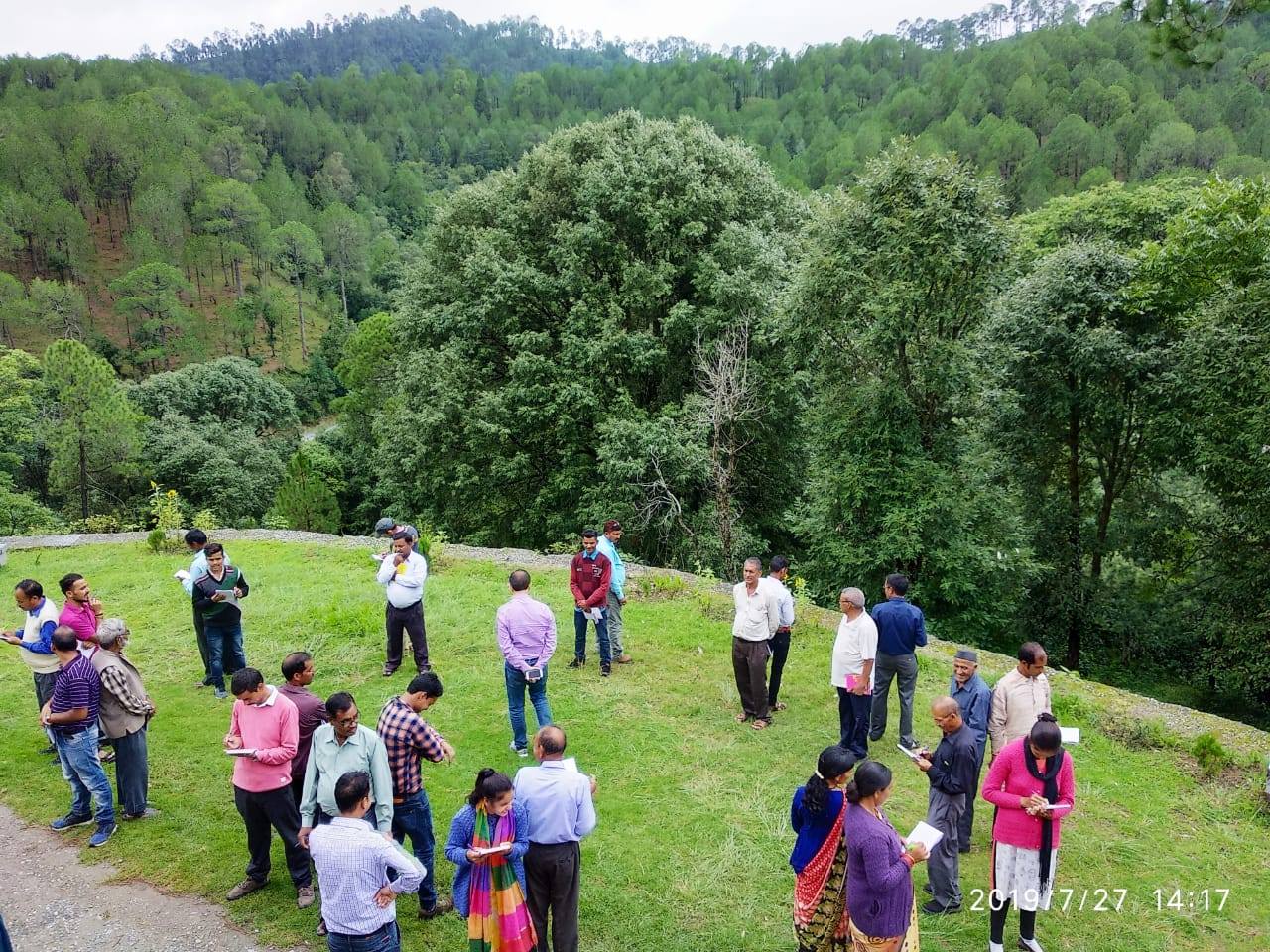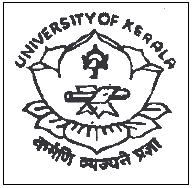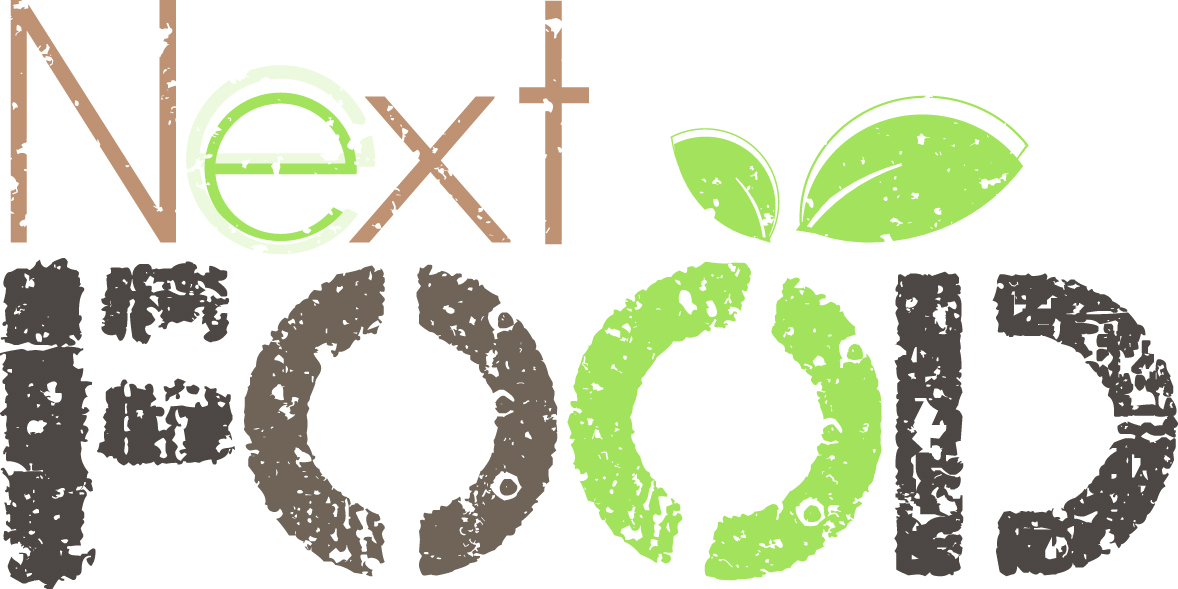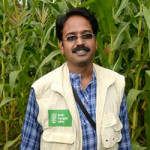Agriculture and Environment
Action-Reflection based agroecology courses
A paradigm shift from a linear to a cyclical approach of learning is practiced focusing on an active action reflection-based pedagogy. 
Agroecology is a scientific discipline, a set of practices and a social movement. It is based on applying ecological concepts and principles to optimize interactions between various component in a production system in the farm and landscape level while taking into consideration the social aspects such as access and control over productive resources, justice and equity that need to be addressed for a sustainable and fair food system.
Agroecology, as a subject in mainstream education system is fairly new in India. Though methods of agroecology have been ‘practiced’ since long – the science of it is quite new, so is the movement. There were farmers’ movement and peasant’s movement in India – but is mostly linked with farm income, land right and forest rights. Welthungerhilfe, initially through Indo-Norway Education Initiative started offering courses through University of Calcutta since 2016, where the students get learning opportunities with problem solving challenges rather than pre-fixed prescriptions. This unique course offers framework for how to study, design and manage agroecosystems that are both productive and natural resource conserving, and that are also culturally sensitive, socially just and economically viable. It focuses on developing agroecologist rather than teaching agroecological theories.
This is currently part of a global research program supported by EU H2020. Welthungerhilfe along with university of Calcutta and University of Kerala runs certificate courses on agroecology for students, researches and practitioners.
A paradigm shift from a linear to a cyclical approach of learning is practiced in the course focusing on an active action reflection-based pedagogy. The hypotheses considered is – active, social learning having the complex reality as point of departure – with theory in a supporting role – is generally more effective than traditional, theory-based strategies and more suitable when it comes to understanding and handling complex sustainability challenges. Action learning happens in the complex world outside the classroom – so each component of learning started with a real-life experience followed by reflection and further theory on the topic. The main task was to engage with a farm to 1) find out challenges 2) offer solution 3) developing the farm. The learning started in an ideal farm and ends with sharing the experience with larger audience through exhibition.







